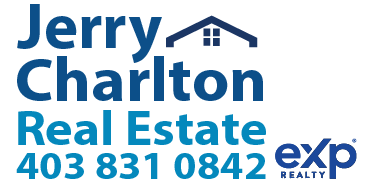The Truth About CMHC (Canada Mortgage & Housing Corporation)
CMHC is an insurance company. It offers insurance to banks and other home mortgage lenders. The insurance company (CMHC) will pay the banks and other lenders if you don’t pay your mortgage. CMHC does not lend money.
Then the insurance company (CMHC) takes the house and sells it. If there is a shortfall between what the insurance company (CMHC) gets from the sale and what they paid the banks, then the insurance company (CMHC) will come after you.
If you take what’s called a High Ratio Mortgage then you pay the premium to the insurance company (CMHC) for the privilege of insuring the bank against any losses.
To summarize you pay the cost of the insurance to the insurance company (CMHC) and you receive none of the insurance benefits.
The Banks are too lazy to make smart mortgage lending decisions, so instead they have you pay the (CMHC) insurance for them.
CMHC the insurance company is what’s called a Crown Corporation. That means it’s owned by the government and backed by taxpayer money.
So here we have a taxpayer-backed insurance company that has guaranteed around 600 billion dollars in mortgages to the banks.
The recent rule changes and the other changes in the last few years are not because homeowners have abused the CMHC insurance system. It’s because the banks have abused the CMHC insurance system. There are thousands of mortgage loans guaranteed to banks that have no right to be insured in the first place. When the banks couldn’t collect CMHC insurance premiums from the borrowers the banks paid the CMHC insurance premiums themselves. Much easier than actually doing due diligence on the borrowers.
This in effect passed off the liabilities from the banks to the taxpayers and has allowed the banks to leverage up more and more and more.
The Banks make obscene amounts of money from mortgages without the liabilities. But the government would have you believe that we the home-owning taxpayers are out of control, so they need to change the insurance company (CMHC) rules to protect us from ourselves.
When you start to peel back the layers you begin to see this whole issue as a giant shell game being played by the banks and the government on the taxpayers of Canada.

